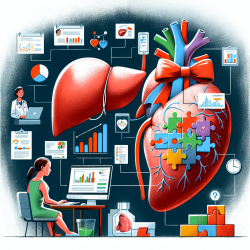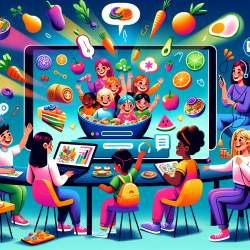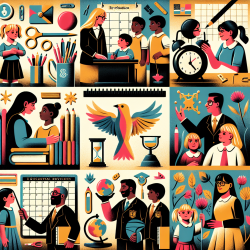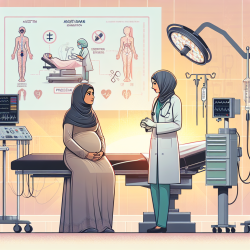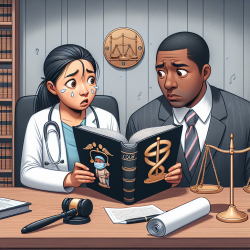Exploring Donor-Recipient Relationships through Gift-Exchange Theory
As practitioners dedicated to improving outcomes for children, understanding complex relational dynamics is crucial. The recent study titled "Exploration Into Donor-Recipient Relationship After Living-Donor Liver Transplantation Using Gift-Exchange Theory" offers valuable insights into the intricate relationships between donors and recipients post-transplantation. By applying the principles of gift-exchange theory, we can glean important lessons that may be applicable in various therapeutic contexts, including speech-language pathology.
Key Findings from the Study
The study involved qualitative interviews with 17 liver transplant recipients and 11 living liver donors. Two main themes emerged:
- Became Care Providers: Post-transplant, recipients often felt a responsibility to care for their donors, while donors sometimes struggled with their new caregiving roles.
- Differentiation in Relationships: This theme included sub-themes such as feelings of guilt, increased closeness, and the creation of distance due to feelings of indebtedness.
Applying Gift-Exchange Theory
Gift-exchange theory provides a framework to understand these dynamics. The theory suggests that gift-giving involves a cycle of giving, receiving, and reciprocating. In the context of liver transplantation, the donor's gift of an organ creates a complex web of emotions and expectations.
Recipients often feel gratitude but may also experience guilt and indebtedness, leading to either strengthened bonds or distancing behaviors. Understanding these dynamics can help practitioners facilitate healthier relationships between donors and recipients.
Implications for Practitioners
For practitioners in speech-language pathology and other therapeutic fields, this study highlights the importance of addressing emotional and relational dynamics in therapy. Here are some practical steps to consider:
- Comprehensive Assessment: Evaluate the emotional and relational context of clients, especially when significant life events, like organ transplants, have occurred.
- Facilitate Open Communication: Encourage open dialogue between clients and their families to address feelings of guilt, gratitude, and indebtedness.
- Provide Education: Educate clients and their families about the potential emotional impacts of major life changes and how to manage them effectively.
Encouraging Further Research
While this study provides valuable insights, further research is needed to explore the long-term effects of donor-recipient relationships and how they impact therapeutic outcomes. Practitioners are encouraged to contribute to this growing field of research to enhance our understanding and improve care strategies.
To read the original research paper, please follow this link: Exploration Into Donor-Recipient Relationship After Living-Donor Liver Transplantation Using Gift-Exchange Theory.
